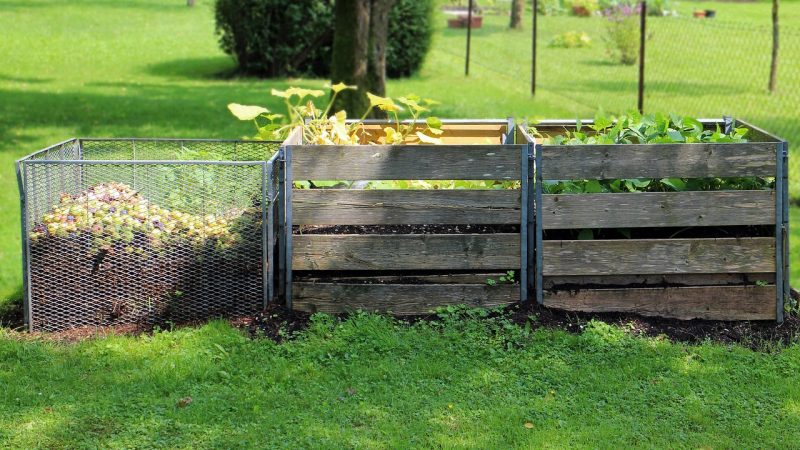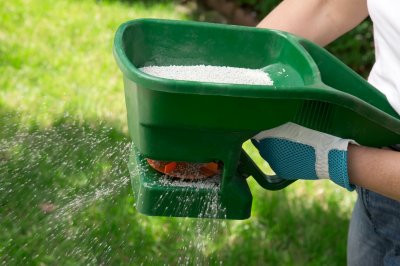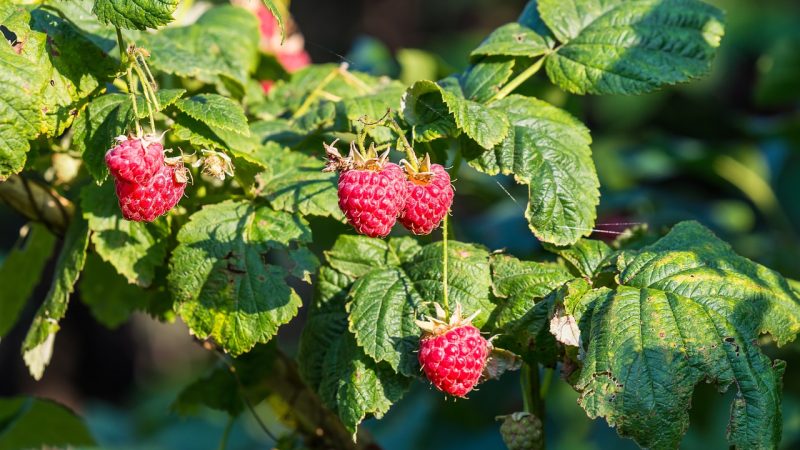Composting is a natural and environmentally friendly process of decomposing organic materials into nutrient-rich humus, also known as compost. Composting is an excellent way to recycle kitchen scraps, yard waste, and other organic materials, turning them into a valuable soil amendment that can enrich garden beds, nourish plants, and improve soil structure. Here’s a guide on how to start composting:
1. Select a Composting Method:
- Choose a composting method that suits your space, needs, and available materials. There are various composting methods, including traditional compost bins, tumblers, vermicomposting (using worms), and composting piles.
2. Choose a Composting Location:
- Place your composting bin or pile in a convenient location in your yard or garden. Ensure it receives adequate sunlight and drainage to support the composting process.
3. Gather Compostable Materials:
- Collect a mix of green (nitrogen-rich) and brown (carbon-rich) materials. Green materials include fruit and vegetable scraps, coffee grounds, grass clippings, and plant trimmings. Brown materials include dried leaves, straw, cardboard, and paper.
4. Balance the Compost Ingredients:
- Achieve a good balance between green and brown materials to optimize the composting process. A ratio of roughly 2:1 (carbon to nitrogen) is recommended.
5. Chop or Shred Materials (Optional):
- Chopping or shredding larger materials like branches or cardboard can speed up the composting process by increasing the surface area for microbial activity.
6. Add Compost Activators (Optional):
- Some gardeners add compost activators, such as garden soil, finished compost, or commercial compost starters, to speed up decomposition.
7. Moisture and Aeration:
- Maintain the right moisture level in the compost pile, similar to a wrung-out sponge. Regularly turn or aerate the compost to provide oxygen to the microorganisms and promote even decomposition.
8. Compost Maintenance:
- Monitor the compost regularly, checking the moisture level and turning it every few weeks. Compost should be ready in a few months to a year, depending on the composting method and conditions.
9. Avoid Composting Certain Items:
- Do not compost meat, dairy, or pet waste, as they can attract pests and pose health risks. Also, avoid composting invasive weeds or plants with diseases.
10. Use Finished Compost:
- Once the compost has fully decomposed into dark, crumbly, and earthy-smelling material, it is ready to use. Use it to enrich garden soil, as mulch, or in potting mixes for container plants.
Composting is a simple yet rewarding practice that reduces waste, enhances soil fertility, and promotes sustainable gardening. It’s an eco-friendly way to give back to the earth and support healthy plant growth. Remember to be patient, as composting is a natural process that takes time, but the results are well worth it.







